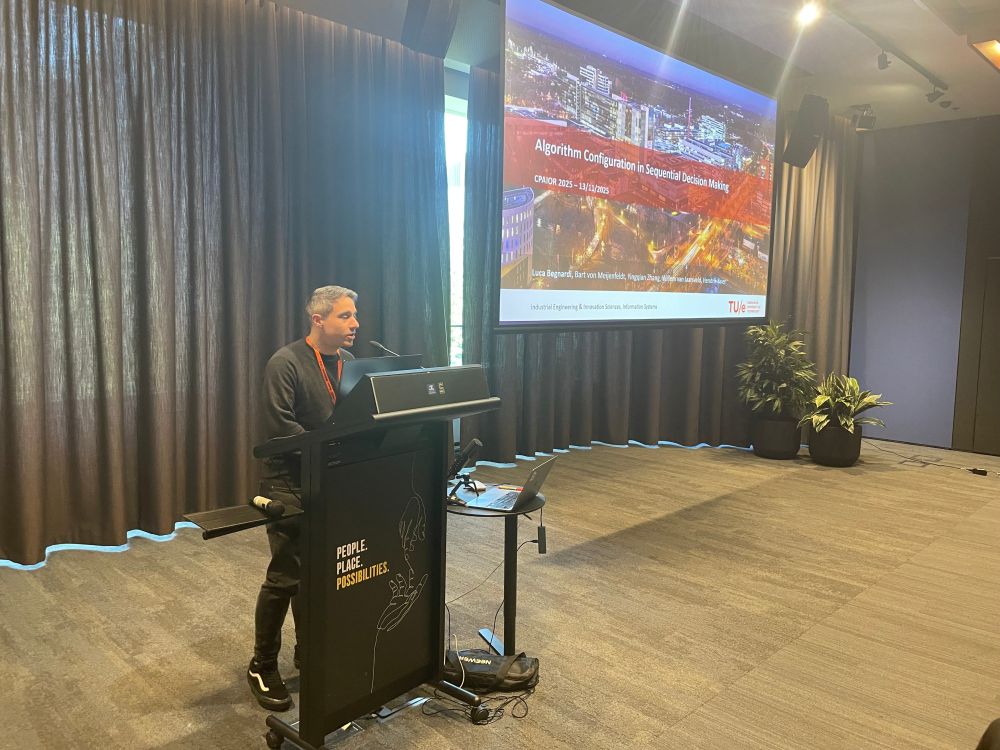
For people who couldn’t attend, we’re hoping to publish talks of the presentations where speakers allow.

For people who couldn’t attend, we’re hoping to publish talks of the presentations where speakers allow.
doi.org/10.1007/978-...

doi.org/10.1007/978-...
doi.org/10.1007/978-...

doi.org/10.1007/978-...
doi.org/10.1007/978-...

doi.org/10.1007/978-...
doi.org/10.1007/978-...

doi.org/10.1007/978-...
doi.org/10.1007/978-...

doi.org/10.1007/978-...
doi.org/10.1007/978-...

doi.org/10.1007/978-...
doi.org/10.1007/978-...

doi.org/10.1007/978-...


doi.org/10.1007/978-...

doi.org/10.1007/978-...
doi.org/10.1007/978-...

doi.org/10.1007/978-...
doi.org/10.1007/978-...

doi.org/10.1007/978-...

doi.org/10.1007/978-...

doi.org/10.1007/978-...
doi.org/10.1007/978-...

doi.org/10.1007/978-...
doi.org/10.1007/978-...

doi.org/10.1007/978-...
doi.org/10.1007/978-...

doi.org/10.1007/978-...
doi.org/10.1007/978-...

doi.org/10.1007/978-...
doi.org/10.1007/978-...

doi.org/10.1007/978-...
doi.org/10.1007/978-...

doi.org/10.1007/978-...
doi.org/10.1007/978-...

doi.org/10.1007/978-...
It includes the call for paper, and the deadline is less than a month away!

It includes the call for paper, and the deadline is less than a month away!
doi.org/10.1007/978-...

doi.org/10.1007/978-...
doi.org/10.1007/978-...

doi.org/10.1007/978-...

